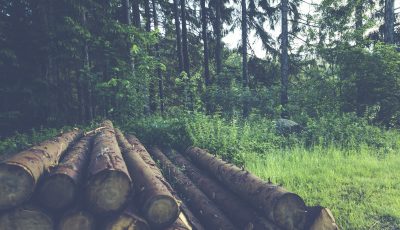The palm oil industry is concentrated in Malaysia, Indonesia and Thailand. An article in Nature Climate Change estimated that to date about 5% of the mills capture methane from palm oil waste water treatment facilities. This leaves an annual 140 MtCO2e/year of methane which is emitted to the atmosphere. The calorific potential of that methane is 24 million MWh, equal to about a fourth of the energy consumption of Malaysia.
Although these emissions are dwarfed by those from deforestation and the drainaing of peatlands, they need to be reduced. The market is consolidated around a few large palm oil producers and offset project aggregators. While Malaysia and Thailand established requirements for methane capture and provide incentives for using the methane, the regulatory framework in Indonesia is less stringent or persuasive.
Jelmer Hoogzaad, at the time as staff member of Climate Focus, has assessed the potential of a portfolio of 26 palm oil waste water projects in Malaysia and Indonesia to generate Certified Emission Reductions (CERs) under the Clean Development Mechanism. The assessment has been carried out to support an investor with their decision to acquire the project portfolio.
The scope of the due diligence included a detailed assessment of the:
- methane abatement potential of all projects, and the robustness of the monitoring systems in place,
- regulatory risk considering compliance with national legislation and the requirements from te UNFCCC for offset projects,
- reputational risk.
Client: undisclosed
Partners: (as an employee and shareholder of) Climate Focus, Royal HaskoningDHV,
Countries: Indonesia, Malaysia



